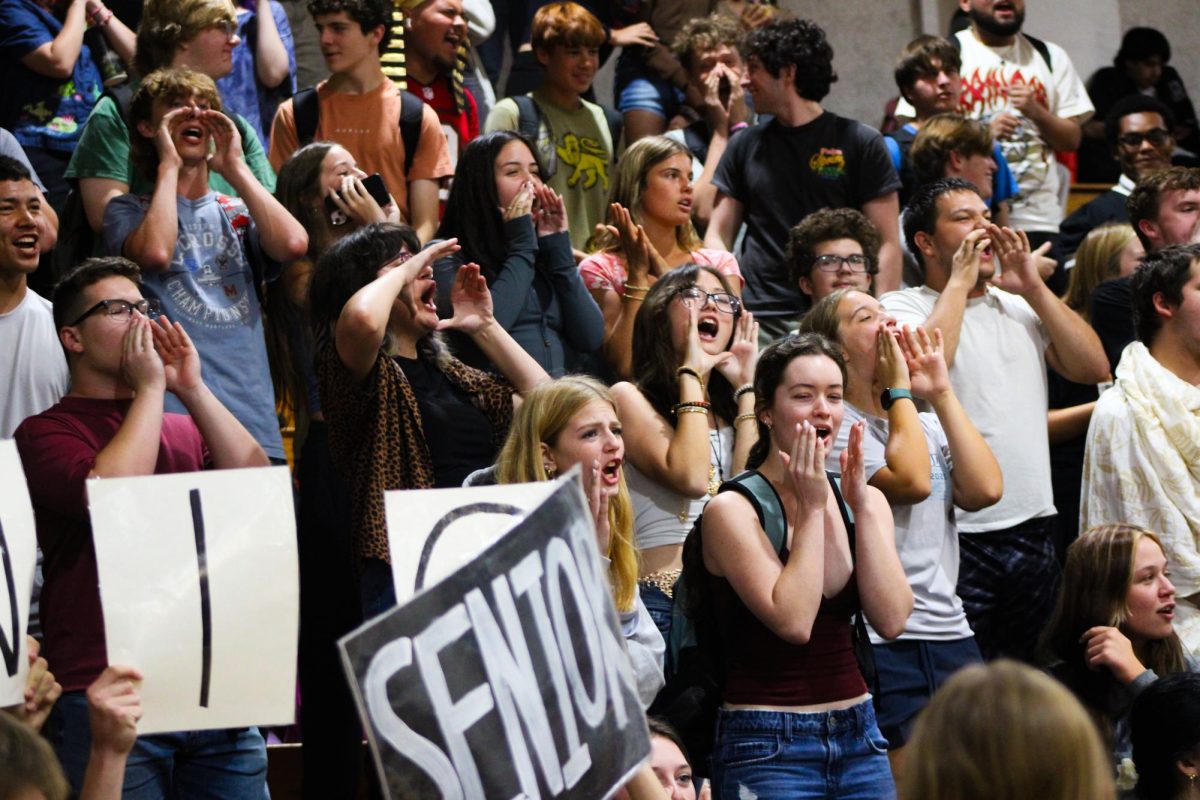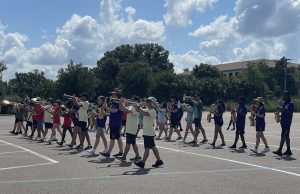Week in Review: October 25th
October 25, 2014
We break down the top five current events of the past week.
1. Shooting in Canada’s Parliament: Cpl. Nathan Cirillo, a Canadian solider, was shot and killed while guarding the National War Monument in Ottawa, Canada Wednesday, October 22nd. Michael Zehaf-Bibeau, the gunman, killed Cirillo and then opened fire in Canada’s Parliament building. Zehaf-Bibeau was then shot and killed by a security guard. Canadian officials say they are looking into any possible terrorist connections Zehaf-Bibeau may have.
2. Ebola Case Confirmed in New York City: The fourth case of Ebola in the US was confirmed Thursday, October 23rd. Dr. Craig Spencer had recently returned from Guinea, an Ebola-affected country, as part of a Doctors Without Borders Mission. Spencer developed a 103 degree fever and notified authorities Thursday morning. He was taken to Bellevue Hospital by a hazmat-laden EMT team and tested positive for Ebola later Thursday night. Mayor Bill de Blasio said they are retracing Spencer’s steps to determine who he came in direct contact with.
3. Gubernatorial Debate Held Tuesday: The third and final debate between Governor Rick Scott (R) and challenger Charlie Crist (D) was held Tuesday night. Topics included the death penalty, rights of felons, Ebola and minimum wage. According to a Quinnipiac poll released Wednesday, Scott and Crist are tied with 42% of the vote each.
4. American Released from Captivity in North Korea: The state department announced Tuesday that Jeffrey Fowle was released from captivity in a North Korean prison. Fowle, who lives in Ohio, has been held captive since May after leaving a Bible in a nightclub, considered Christian evangelism, a crime in North Korea. Swedish officials helped negotiate Fowle’s release, since the US does not have an embassy or diplomatic relations with North Korea.
5. Many UNC Athletes Took Fake Classes, Report Says: An independent report released Wednesday accused that 3,100 University of North Carolina students took fake classes in the past 18 years. Advisers put student athletes in these so-called “paper classes” in order to help preserve their athletic eligibility. The classes required only a paper submitted that was usually given high marks after being scanned by a secretary. Nine university employees have been fired or under review because of the scandal.










